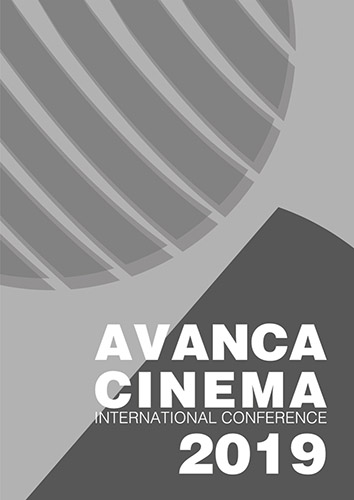Chapitre III _ Cinéma - Communication
Heritales 2017 - Beyond the academia. Re-thinking Heritage trough cinema and others art forms.
Résumé
The UNESCO World Heritage city of Évora (Portugal) hosted the second Heritales – International Heritage Film Festival in September 2017. In this edition the festival focused on current and past sustainable communities, selecting works that explored and problematized the relationship and coexistence of modernity and sustainability when applied to human groups and societies. The films presented the everyday life, knowledge, crafts and know-how of ordinary people highlighting the changes and challenges that the expansion of consumer-based economies, globalization and world politics have brought. As organizers, by focusing on sustainability in heritage context, we wanted to go beyond current preservation strategies of the tangible and intangible heritage, to promote a reflection on the “culture of sustainability” itself, looking at how sustainable ways-of-existence have characterized various communities and cultural practices worldwide. Since its first edition, the festival has been a space for the promotion of a critical understanding of cultural heritage, aimed to the broader public. By using emblematic historical places as stage, Heritales has challenged the mainstream cultural heritage scientific communication. Its proposal is to approach heritage’s issues through multiple types of media and artistic work such as films and documentaries but also cultural heritage’s games, exhibitions, theatre and performance, with talks and several communication strategies to facilitate the encounter between the authors and the public. Although the festival has received many positive feedbacks and the support of various entities such as the UNESCO Chair of the University of Évora (Portugal) and the FCT (Science and Technology Foundation, Portugal) it is still at its early stage of action. In this paper we would like to present the results of our experiment and analyse its concept and results, so that more collaborative and sustainable methodologies can also become a part of our plan of action for the organization of future events.

Ce travail est disponible sous la licence Creative Commons Attribution 4.0 International .

